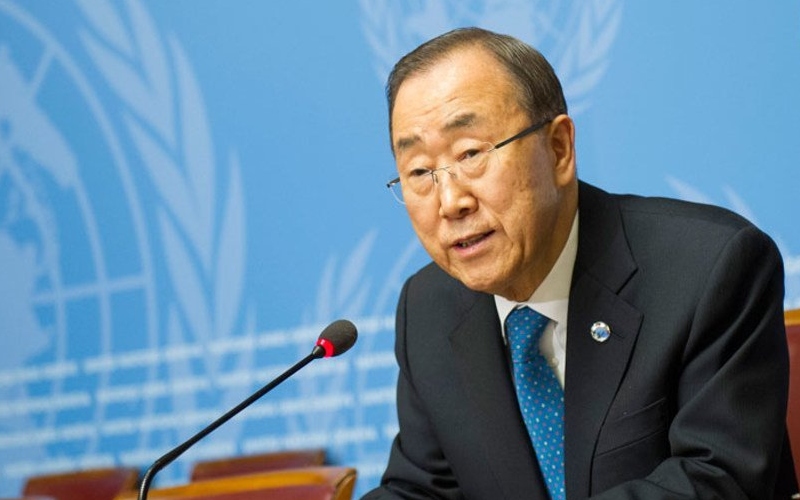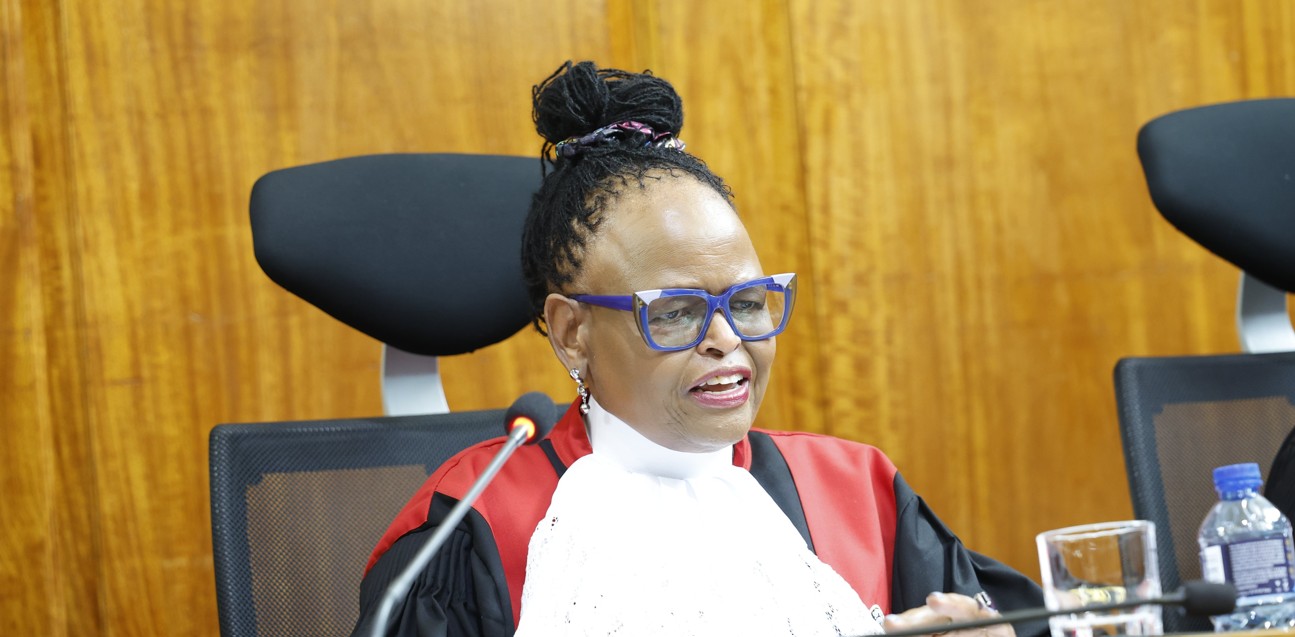Universities, TVETs in financial turmoil over delayed capitation funds

MPs have now called for honesty in government budgeting and policy formulation to prevent recurring financial crises in the education sector.
Public universities and technical institutions across the country are facing a dire financial crisis as delays in capitation fund disbursement continue to disrupt critical operations.
The National Assembly Public Investments Committee on Governance and Education has urged government officials to address the growing funding shortfall, which has now reached Sh58.8 billion.
More To Read
- Government raises primary school capitation by 58 per cent to Sh2,238 per learner
- Over 44,000 schools cleared for capitation as audit uncovers 87,000 ghost learners
- MPs outraged as Education CS reveals Sh1.1 billion paid to ghost students in public schools
- Capitation withheld from 29 schools pending verification, Education CS Ogamba tells MPs
- Capitation crisis forces early school closures nationwide
- Education CS Julius Ogamba summoned by MPs over delays in school capitation funds
Despite Treasury Cabinet Secretary John Mbadi’s earlier assurance that capitation funds would be released on time, many institutions are yet to receive the much-needed disbursement.
The committee, chaired by Bumula MP Jack Wamboka, has now summoned both the Education and Treasury Cabinet Secretaries to provide solutions to the looming crisis.
The legislators raised concerns that the government’s failure to release capitation funds on time is threatening the sustainability of public universities and TVET institutions, affecting scholarships, loans and overall student funding.
Vice-Chancellors and Principals who appeared before the committee painted a grim picture of the situation, citing difficulties in procuring learning materials, paying non-teaching staff, and sustaining student meals and co-curricular activities. They also noted that institutions rely on capitation for infrastructure development, and the delays have led to massive debt accumulation.
Service delivery
Maseno University Vice-Chancellor Julius Nyakundi decried the impact of underfunding on service delivery, saying, “The government owes the schools millions if not billions. This underfunding and underperformance have affected most of the planned activities and negatively impacted service delivery.”
“Debts keep on accumulating, year in, year out, because we are not getting timely and enough resources,” Rift Valley Technical and Training Institute Principal Loice Kutoh said.
Kisumu National Polytechnic Chief Principal Catherine Kelonye added, “The capitation that the government is supposed to give to learners is 80 per cent of the total cost for university students and Sh30,000 per student per year for TVETs, but that has not been forthcoming for very many years.”
Legislators have now called for honesty in government budgeting and policy formulation to prevent recurring financial crises in the education sector.
“Let the public know that the government is unable to fully fund education in our institutions of higher learning. It is a dire situation,” Kilome Constituency MP Thaddeus Nzambia said.
Kiminini MP Bisau Kaikai urged universities and TVETs to find alternative revenue streams.
“Institutions which solely rely on capitation are now at a standstill. Vice-Chancellors and Principals need to come up with alternative income-generating activities to supplement what the government provides,” he said.
The committee is expected to release its report on the matter after engaging the relevant Cabinet Secretaries.
Top Stories Today











































